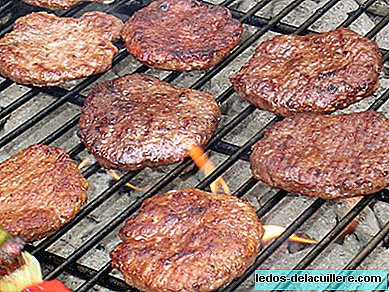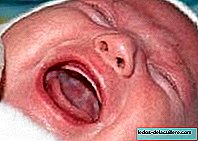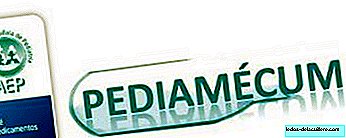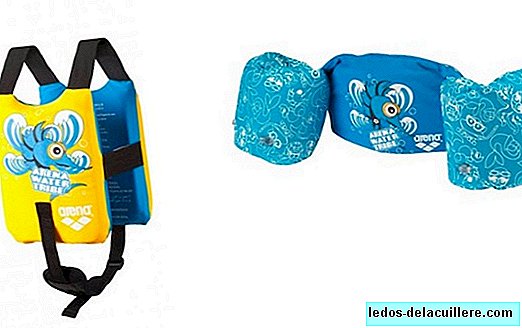
Today we were surprised by the analysis of fresh hamburgers packaged by the OCU. It was intended to find out what the meat quality is, although the organization's performance has been motivated by an alert produced in Ireland.
It has been detected that two of the 20 samples analyzed (from different brands) contain horse meat, without being indicated on the label.
Burgers are a product that many families consume once a week, and we all like to decide what we feed our children, based on the information the producer offers. According to the OCU clear consumer fraud is being committed and burgers are being sold whose labels do not indicate their actual ingredients. Horse meat is not a problem of food safety, but a hoax to the consumer, who thinks he buys beef and only beef.

Burgers: not only minced meat
Regarding the general quality, minced meat, a component of hamburgers, is a very perishable product that, even when refrigerated, must be consumed in a single day. Therefore the vast majority of packaged fresh hamburgers carry preservatives that extend their life.
In addition, the standard allows meat preparations, another version of hamburger, to carry additives such as antioxidants, dyes or flavor enhancers. The latter, despite being harmless, can mask the lack of meat quality
It has been detected that 16 of the 20 burgers analyzed also they carry sulphites, an additive whose utility is to inhibit the growth of bacteria and maintain the original color of the meat. To add sulphites, manufacturers use a legal trick: call burguer meat to their hamburger.
This would not matter if it were not because sulphites are not safe in high quantities. They can cause vomiting, abdominal pain and, in people with allergy, headaches and nausea. Some of the burgers analyzed carry 90% of the Acceptable Daily Intake (IDA) of sulphites for a child. This means that no more sulphites should be taken throughout that day (or even add ketchup or mustard to that hamburger).

After analyzing the fat, caloric intake and salt, it is concluded that most hamburgers far exceed the fat content of a piece of beef. Some products reach 23% and 25%, clearly excessive percentages, since the higher the fat content, the lower the protein contentor.
Food of poor quality and high price
Burgers are, in general, of poor quality, but they are expensive. In the opinion of the OCU Only 5 of the brands analyzed are approved: two with excellent quality and three with acceptable quality.
The OCU has addressed the Spanish Agency for Food Safety and Nutrition (AESAN), the Ministry of Agriculture and the Autonomous Communities demanding an explanation and an investigation that clarifies how horse meat has reached some hamburgers that do not mention it in their labelled.
I am more concerned about the presence of sulphites than the fact that horse meat has been added without informing consumers. Although the truth is that at home (and precisely to avoid additives and other surprises) we do not take hamburgers unless the butcher mince the meat in front of me, then it is a matter of shaping it. There are always exceptions, of course, and they are allowed both at home when dining in a fast food restaurant.
Images | Neil T, Marshall Astor - Food Fetishist, slava More information | OCU Report on Peques and More | Three or more weekly burgers raise the risk of childhood asthma, In Chile fast food restaurants are demanded to include toys next to the menu












